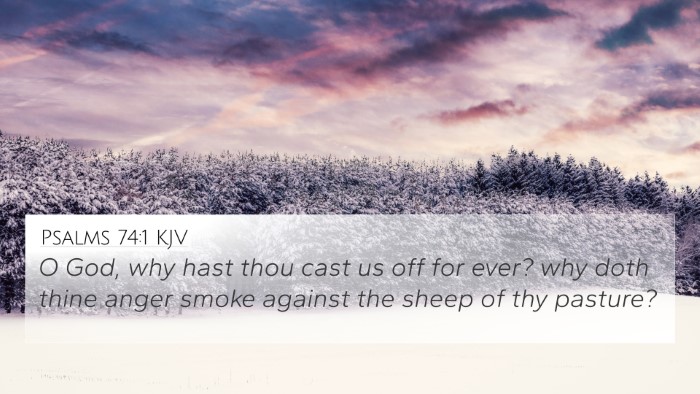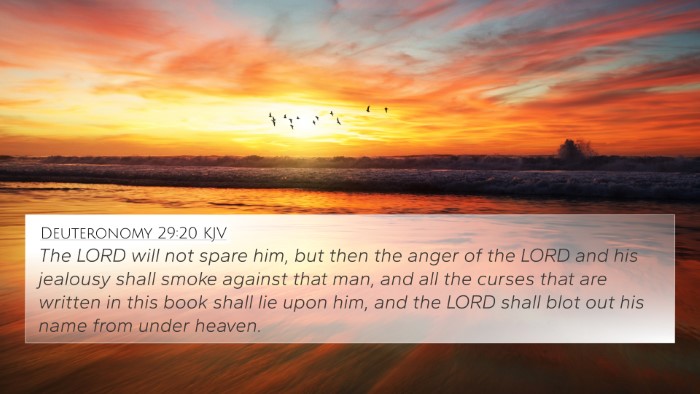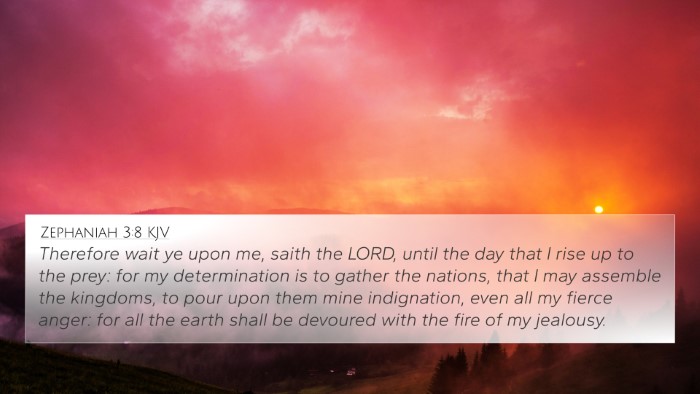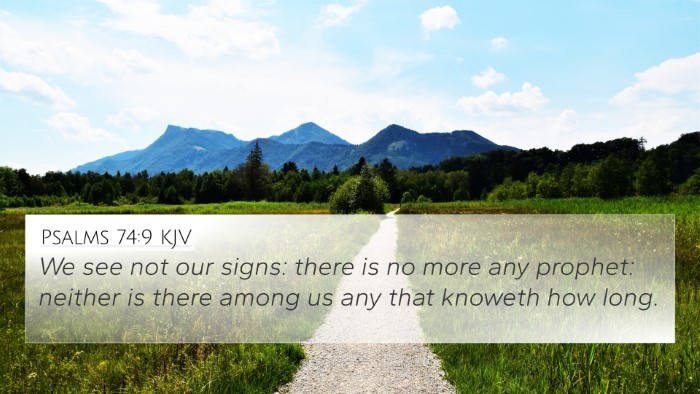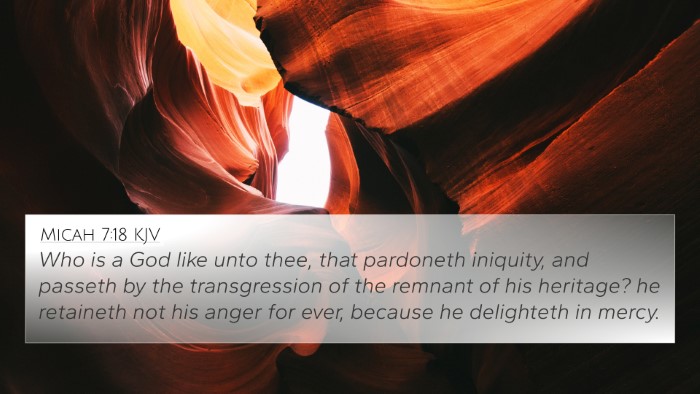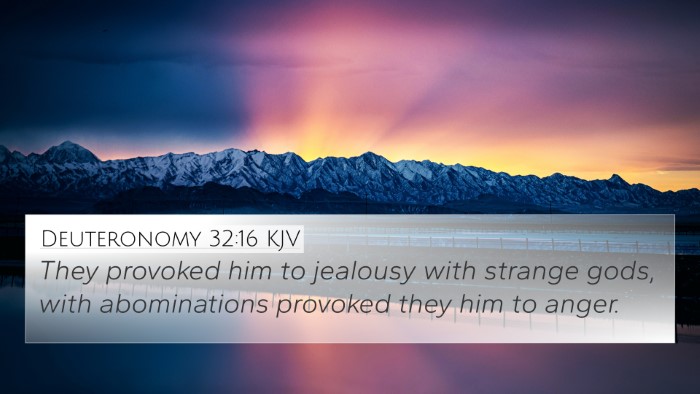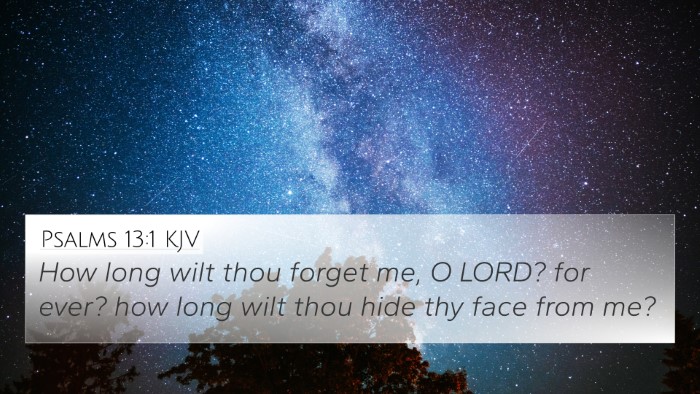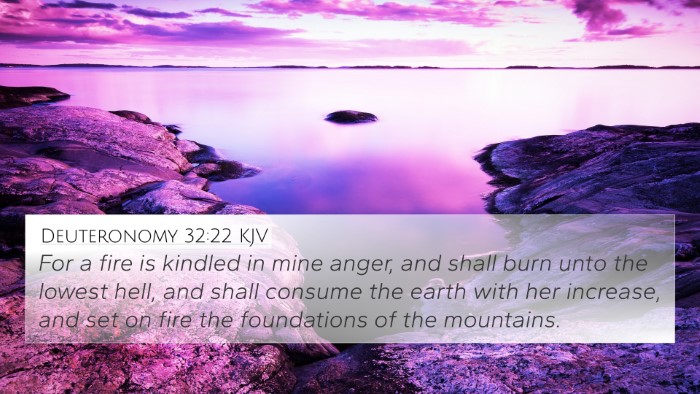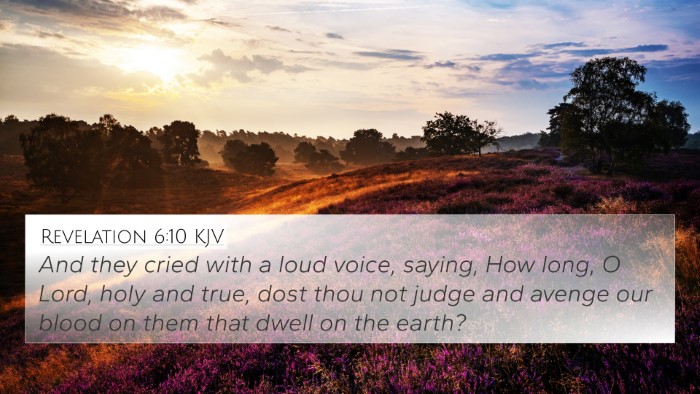Psalms 79:5 reads: "How long, O Lord? Will you be angry forever? Will your jealousy burn like fire?" This verse encapsulates the lament of the psalmist, expressing a deep yearning for God's mercy and questioning the duration of His anger towards His people.
Meaning and Interpretation
The psalmist, believed to be Asaph, is crying out for God's intervention in a time of distress. The verse reflects a combination of despair and hope, as the speaker reaches out to God during a crucial moment. The use of the terms "angry" and "jealousy" here portrays a profound sense of urgency in seeking divine compassion.
Insights from Public Domain Commentaries
Matthew Henry explains that this verse lays bare the desperation that arises from sin and its consequences. The psalmist's question reflects a need to comprehend the extent of God's anger and an appeal to His mercy. In times of suffering, believers are reminded that they can approach God with their questions and concerns.
Albert Barnes emphasizes that the psalmist's queries are not simply expressions of doubt but are deeply rooted in the faith that believes in the possibility of reconciliation. Barnes highlights the importance of understanding God's character and His dealings with humanity, emphasizing that the intensity of God's anger must be understood in light of His holiness and justice.
Adam Clarke elaborates on the concept of divine jealousy, noting that it is tied to God's covenant relationship with His people. Clarke insists that this jealousy is not petty or insecure; rather, it symbolizes God's fierce commitment to His people and the severity with which He addresses their unfaithfulness.
Bible Cross-References
- Lamentations 3:22-23 - Highlights God's mercies, emphasizing that they are new every morning, which contrasts the psalmist's plea for the end of anger.
- Jeremiah 14:19-20 - Acknowledges the same plea for God's mercy amidst a sense of abandonment, paralleling the themes of desperation and plea for reconciliation.
- Psalm 85:5 - Questions whether God will be angry forever, showing a thematic link to the desire for restoration and peace.
- Isaiah 54:8 - God's momentary anger leads to everlasting kindness, which aligns with the psalmist's hope for mercy.
- Psalm 30:5 - A reminder that while God may be angry for a moment, joy comes in the morning, centering on hope beyond despair.
- Exodus 20:5 - Speaks of God's jealousy in the context of idolatry, revealing why God’s anger is significant against unfaithfulness.
- Micah 7:18-19 - Discusses God's mercy, reinforcing the appeal for forgiveness found in the psalmist's words.
- Romans 11:22 - Informs believers about the goodness and severity of God, connecting the ideas of divine justice and mercy.
- Hebrews 12:29 - States that our God is a consuming fire, paralleling the themes of divine jealousy and the necessity of holiness.
- James 4:5 - References God's jealousy for the spirit that He made to dwell in people, linking to His passionate fidelity towards His children.
Thematic Connections
The themes of divine anger and mercy resonate throughout Scripture, as seen in both the Old and New Testaments. This connection is pivotal in understanding God's nature—a balance of justice and compassion. The psalmist's lament echoes the experiences of many throughout biblical history, where the cry for divine intervention is met with the assurance of God's fidelity and eventual restoration.
Linking Bible Scriptures
The interconnectedness of Scripture offers a rich ground for understanding Psalms 79:5. Tools for Bible cross-referencing, such as concordances and cross-reference guides, can aid readers in exploring these links further. This verse serves as a starting point in a broader examination of the themes of divine anger, mercy, and faithfulness found throughout the Bible.
This exploration encourages believers to engage in cross-referencing Bible study methods that unveil the deeper meanings underlying each verse. Comprehending the connections between verses not only enriches personal study but also enhances communal understanding within the church context.
Conclusion
Psalms 79:5 invites us into a dialogue about the human struggle with divine disfavor while simultaneously calling us to remember God's nature as ultimately merciful and just. The cry for understanding resonates today, reinforcing the importance of scriptural awareness through themes of divine interaction reflected in the interconnected scriptures of the Bible.





